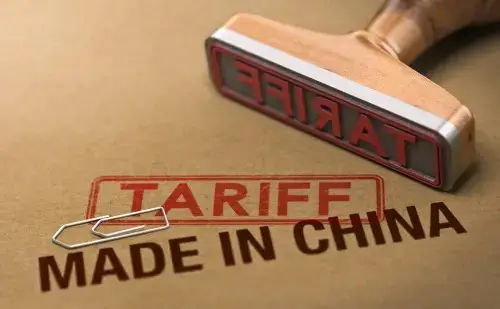An avalanche of illegal Chinese products is invading Mexico today, often offered at prices far below those of the local market and failing to comply with Mexican regulations. This has already put the national industry in jeopardy, generating serious economic and social consequences.
The arrival of goods of dubious quality and origin is present in various states of our beloved nation, diversifying the commercial modus operandi. Now, it is present under a new modality: merchandise relabeled with the legend “Made in Mexico,” carried out by supposed Chinese businessmen and merchants to pass them off as Mexican and evade customs authorities.
The presence of Asians in Mexico is such that there are Chinese operators in strategic drug trafficking cities such as Culiacán, Michoacán, Zacatecas, Morelos, Guadalajara, among others, considered strongholds of the Sinaloa and Jalisco cartels. The Drug Enforcement Administration (DEA) is keeping an eye on Chinese gangsters on both sides of the border, alleging they are now laundering most of the illicit profits obtained by Mexican cartels in the US.
The anti-drug agency says they do this through bank deposits, paying with imported merchandise sold in Mexico, and making investments in the real estate market. “We have seen a very close relationship, more than ever, between Chinese criminal groups and Mexican cartels,” said Ray Donovan, director of the DEA in New York.
Global merchandise trade has struggled to accelerate in most corners of the global economy through 2024, with one major exception: Chinese goods entering Mexico. After increasing nearly 35% year-over-year, the number of containers shipped to Mexico from China soared 60% in January, according to a blog post published Thursday by Oslo-based Xeneta, which analyzes ocean and air freight markets. The figures cited are from Container Trades Statistics.
Thus, the growing popularity of Chinese e-commerce platforms such as Shein, Temu, and AliExpress is generating deep concern in the Mexican business sector. Mexican companies from various sectors have warned about the risks posed by this unfair competition. The National Chamber of the Clothing Industry (Canaive), for example, has reported an 8% drop in clothing production in Mexico, resulting in the loss of 20,000 jobs. According to Canaive, more than one million packages of clothing from China will enter the country in 2024.
Therefore, a strong and clear response from the Mexican government is essential to eradicate the unfair presence of Chinese trade in our country. To address this problem, it is urgent to apply 100 percent tariffs on its products, strengthen customs controls, that is, intensify customs surveillance to prevent the entry of products that do not comply with Mexican regulations, and increase penalties for smuggling and tax evasion. As previously stated, Mexico must seek trade agreements that protect its industries and prevent unfair practices by other countries.
Source: oem




